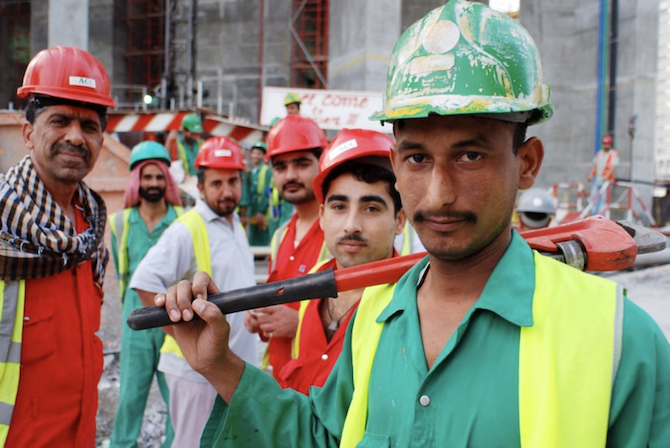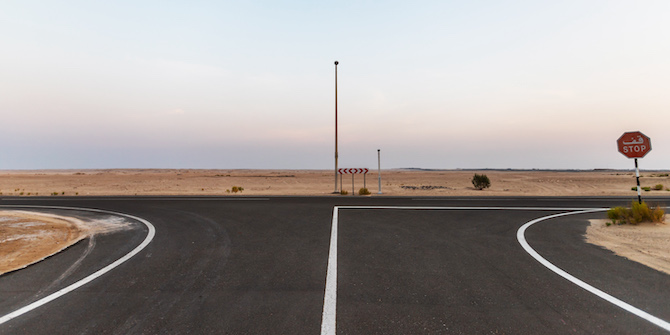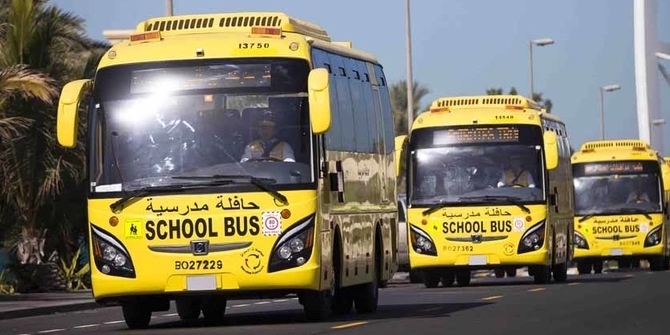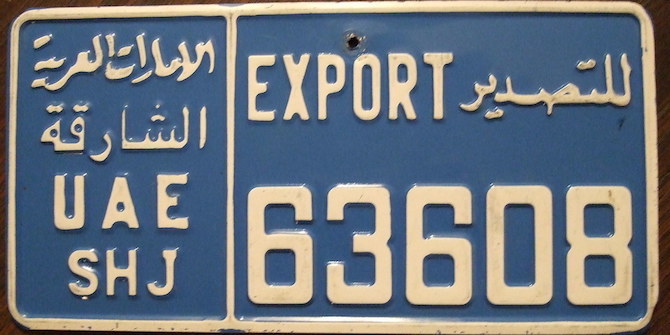by Hamdullah Baycar

The COVID-19 virus outbreak has caused many countries to bring their citizens back home. Evacuation is relatively easy for rich countries where they have a manageable number of citizens to arrange flights for. However, some countries do not have sufficient capabilities to evacuate their citizens, or the facilities to care for them after arrival. Pakistan and India are two countries whose capability does not meet the number of citizens they have abroad. In the UAE alone, India and Pakistan have around 3.8 million citizens who work and reside there. As many among those citizens work in low-skilled jobs, which COVID-19 has affected, unemployment and indefinite leave has become necessary. These two countries, however, have been reluctant to evacuate all affected citizens and instead offered them supplies, which the UAE did not welcome. The Emirates requested that countries make efforts to repatriate their citizens and warned that those which would not accept their citizens would need to decrease their number when the outbreak is over.
In the initial stages of the outbreak, the UAE (like most other countries) did not imagine that containment would involve this much time and cost. Hence, it did not need to encourage workers, visitors and residents to leave the country. As time has passed, the UAE (and the world) have imposed harsher measures, such as lockdown, travel restrictions and other precautions. All these measures are causing private companies to lose billions of dollars and they are thus seeking to cut labour costs, with many workers fired or asked to take unpaid leave. As social distancing, avoiding crowds and staying at home are the prescribed remedies to fight this outbreak, businesses have halted work in many areas. Most countries have thus begun to evacuate their citizens from across the world. These evacuations have been (publicly or covertly) supported by the host countries, and this has especially been the case for the UAE and the rest of the expat-heavy GCC countries. Nations which refused to evacuate their citizens from the UAE faced criticism from these populations and the Emirati government. Pakistan, on the other hand, blames the UAE for being a source of the virus’ spread in Pakistan due to the high number of infected people returning from the UAE. Moeed Yusuf, Special Assistant to Imran Khan, said the number of people returning from the UAE and testing positive was ‘higher than we were hoping’. The average rate of positive diagnosis was around 12%, but on some flights amounted to 40% and even 50%, though the UAE rejected these claim. According to Yusuf, the high number of infections coming from the UAE was due to labourers who often live in cramped and unhygienic conditions.
The increasingly tense relations have been evident in the coverage of a prominent Dubai-based newspaper, Gulf News. The newspaper’s ownership is very close to the Emir of Dubai’s family, and thus the editorial line closely matches Dubai and UAE government policy. Gulf News mostly covers expat-related issues, and as Indian and Pakistani communities constitute 40% of the population, the paper focuses on nationals from these two countries. It not only ‘educates’ expats in the way they are expected to live in the UAE but also gives clues as to Emirati foreign policy and thinking. Followers of Gulf News would have seen a change of tone towards India and Pakistan after several weeks of the COVID-19 outbreak, particularly by the end of March and into April. Neither Pakistan nor India evacuated their citizens from the UAE, instead offering financial and daily aid to the needy. Abdulla Rasheed (Gulf News’ editor), for example, published an op-ed in his newspaper and targeted India and Pakistan by suggesting that the UAE will revise its relations with countries over stranded foreign workers. Another piece clearly stated that it is the duty of the Indian and Pakistani governments to take care of their citizens. Gulf News criticised the Pakistani Embassy for acting too slowly to address the 20,000 Pakistani residents who lost their jobs, as well as Pakistani tourists and visitors who registered at the consulate to return to their country.
The ‘Early Leave’ initiative was launched by the Ministry of Human Resources and Emiratisation (MOHRE) to encourage expats working in the private sector to return to their home countries, with the round ticket booked by the company. This initiative was supported by the Federal Authority for Identity and Citizenship, the Ministry of Foreign Affairs and International Cooperation, the General Civil Aviation Authority and the National Emergency Crisis and Disasters Management Authority. However, Pakistan and India, as the two countries with the most citizens in the UAE, did not view the proposal as acceptable as they either did not have sufficient facilities to look after all incoming citizens/workers or had already imposed national lockdowns.
The UAE has used the sheer mass of the foreign worker population against their home countries by threatening to suspend agreements with any that have not responded to repatriation requests from expats who have lost their jobs or were asked to take leave by their employers. The MOHRE stated that ‘labour agreements between the ministry and authorities in the non-co-operative countries, as well as setting strict restrictions on recruitment of workers from these countries, including application of a quota system are considered for post-COVID-19 period’.
In conclusion, it is clear that the UAE plans to be less open to Indian and Pakistani expats in the future. Even if this does not mean it will ban new entrants to the country, the UAE may gradually decrease their number. This move would run parallel to the UAE’s ‘diversification’ vision, with the country having long intended to diversify everything that they are not able to produce locally. This process may well end up including everything from import and export agreements to security contracts.







Thank admin, I appreciate your effort, you have quality content on your website,
I have bookmarked for future pursue. Keep it up Truly decent and intriguing post. I was searching for this sort of data and delighted in perusing this one.
Continue posting. A debt of gratitude is in order for sharing
Usually, I never comment on blogs but your article is so convincing that I never stop myself to say something about it. You’re doing a great job Man, Keep it up. very interesting, good job and thanks for sharing such a good blog.
When all else fails. Blame the slaves that you guys lied to.
I feel sorry for those countries. Very difficult situation
Difficult situation for all three countries.
It is difficult to decide what to do. Very challanging situation for all three contries
Great article
👏👏👏👏